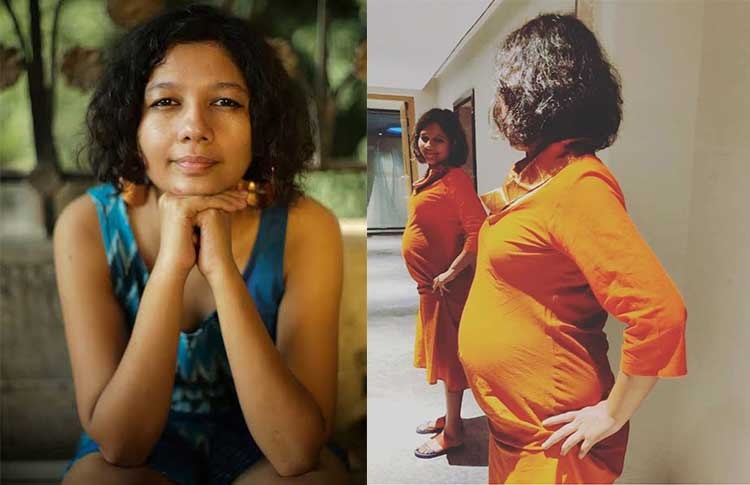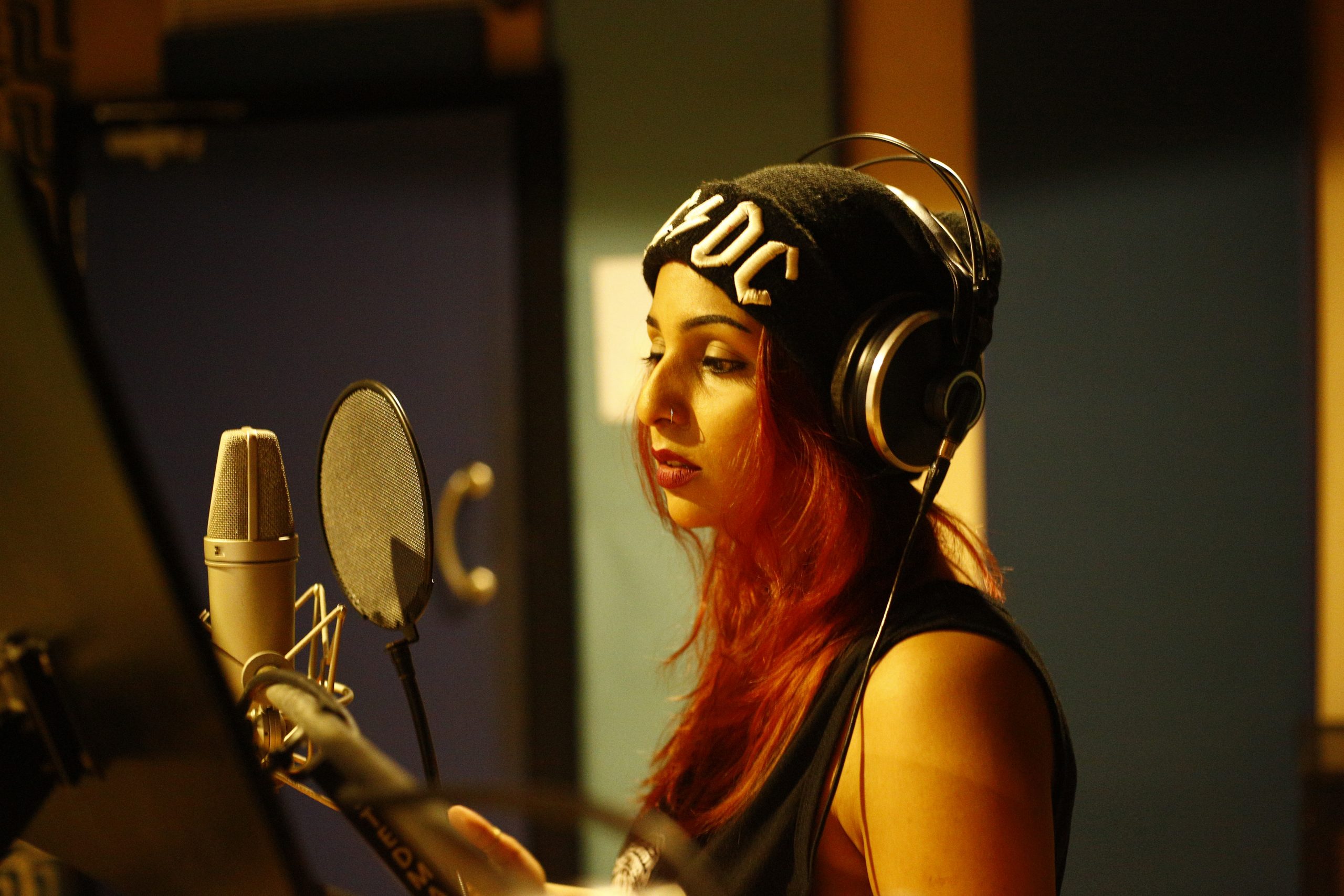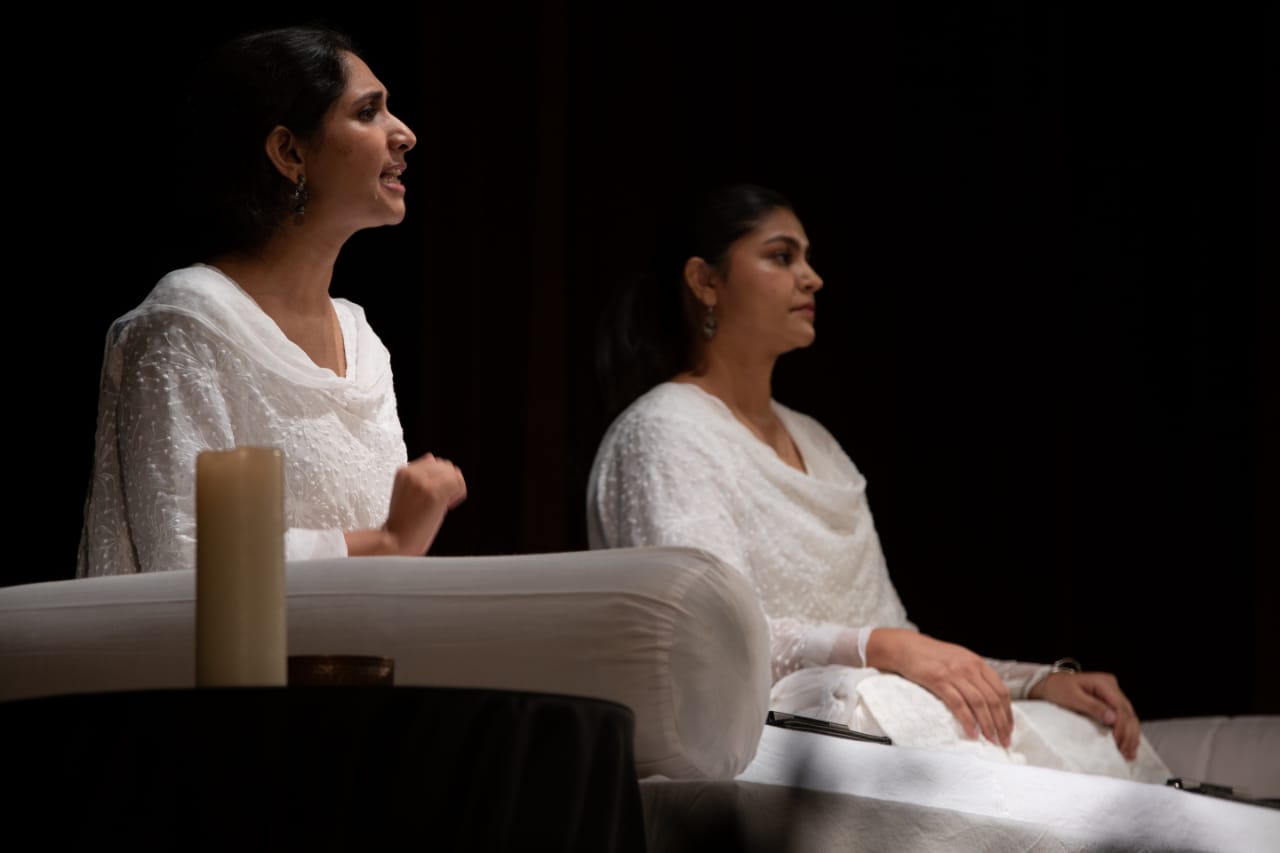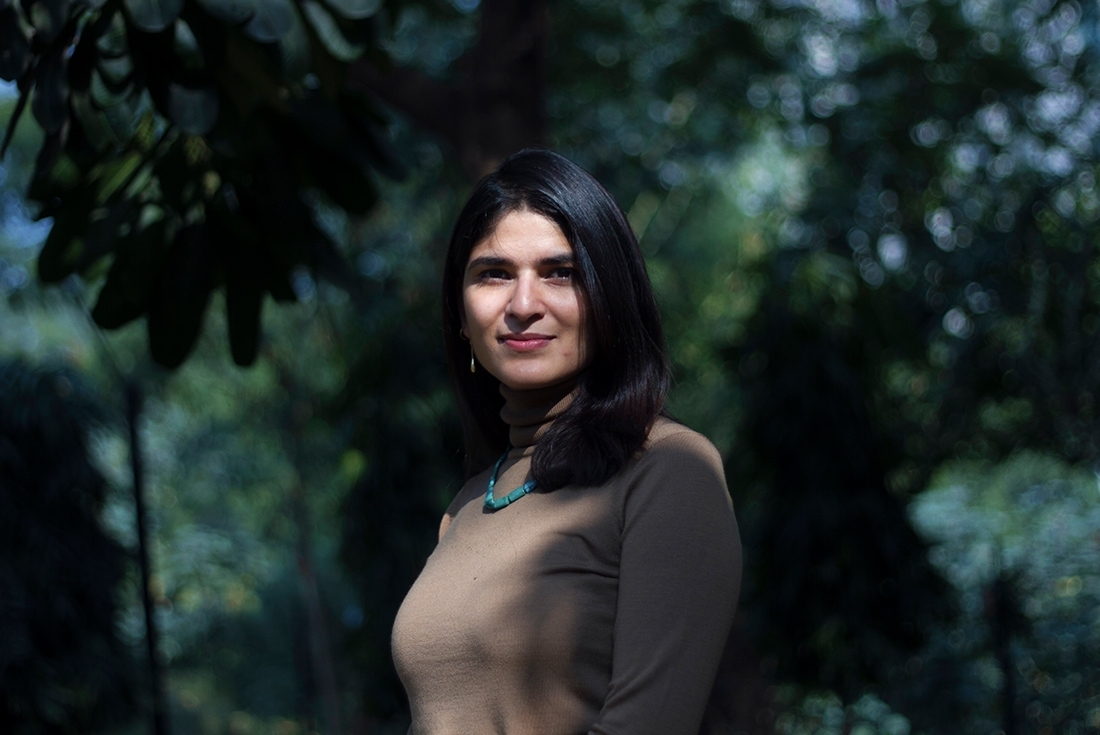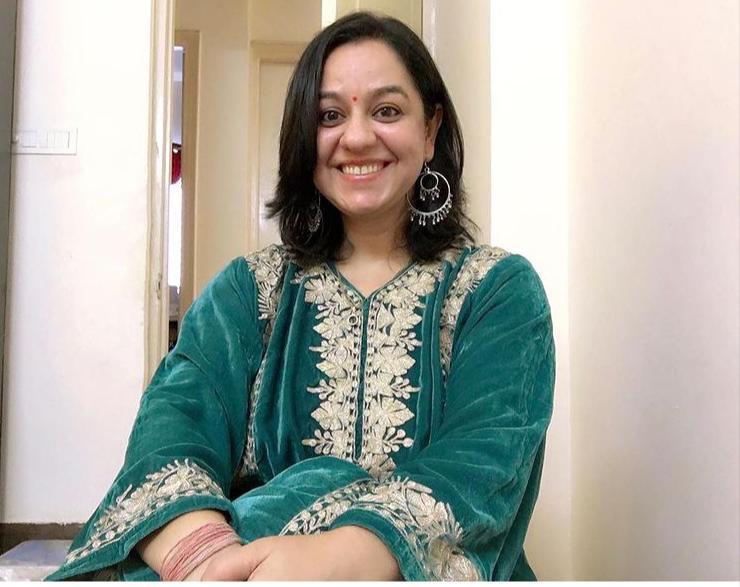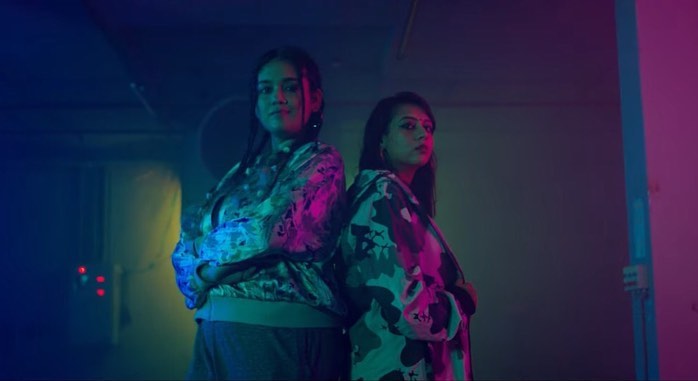This 20 Y.O. Artist Protests Against ‘Women Of Colour’ Stereotypes Through Her Illustrations
- IWB Post
- December 6, 2018

Born to an Afro-Saint Lucian father and Indo-Grenadian mother, Amara Auguste identifies herself as Black and Indian. Her illustrations focus mostly on women, and specifically women of colour, as through her art, the young artist also speaks of her own struggle.
Currently pursuing a bachelor’s degree in multimedia computing from Brooklyn College, Amara’s illustrations may germane to the theme of ‘peaceful revolution’, but her perceptual skills could go beyond racism and gender discrimination – sometimes she’d seek inspiration from music, mythology, and pop culture, too!
“I got bullied in school about things such as appearance, like weight and body hair, etc. Or concerning my lisp and things like that. Creating art brought me comfort and joy, and as I got older and continued to create, I learned to just accept the things about myself that others picked on me about. Which is the reason that a lot of my art attempts are to normalize different body types, body hair, gender, and sexuality,” spoke the artist.
Read more to find out about when Amara introduced her art to the online world, the common stereotypes she sees South-Asian women facing in the West, and her way of dealing with trolls!
When did you start making self-portraits to fight racism?
I’ve been drawing from a very young age, from when I was 3-4 years old. I didn’t really start sharing my art online until I entered teenage, and I started posting with a message shortly after. The positive response I received from people online really surprised me, and I continued being more vocal with my art. I liked having something to say, and even more that someone was listening.
Constructive feedback can help do wonders! But tell me, did you ever get DMs from brown/black kids asking for suggestions or any help?
Not so much lately, but I used to get messages from people about how they hadn’t really seen someone of my ethnic background before, nonetheless someone so vocal about it. I really appreciate such messages because it makes me feel like I’m doing something significant. I would still make art regardless, but it feels good to learn about its impact, even if it is on one person.
What common stereotypes do South-Asian women face in the West?
I would say that South-Asian women suffer from stereotypes mostly rooted in casual western racism that is based on Eurocentric societal standards. A lot of western stereotypes cast South-Asian women in a negative light, they tend to be viewed as terrorists, villains, less than ideal, that their culture is “wrong” and should assimilate, etc. Or they and their culture are exotified. They’re almost always viewed against Eurocentric standard, and are held to a standard of what a “good brown girl” should be (quiet, timid, submissive, etc.), where they don’t get to be individuals with their own identities.
an illustration of mine with an obvious yet often forgotten message oops ✊🏽💓 #RespondBC
87 Likes, 9 Comments – Amara ❗️💖 (@amaurathedino) on Instagram: “an illustration of mine with an obvious yet often forgotten message oops ✊🏽💓 #RespondBC”
Did you ever get bullied at school? Describe the moments and how you tackled them.
I got bullied in school about things such as appearance, like weight and body hair, etc. Or concerning my lisp and things like that. It really affected my self-esteem growing up, but art was a way for me to gain control of my mental health. Creating art brought me comfort and joy, and as I got older and continued to create, I learned to just accept the things about myself that others picked on me about. Which is the reason that in my art, I try to feature beautiful illustrations of chubby women and hairy women. I want to convince both others and myself that it’s okay to look like yourself, and that you shouldn’t have to strive to fulfill one idea of beauty.
True that. Have you ever had to face trolling?
Not as much now since I stay away from sites where trolling mostly occurs, Twitter, Tumblr, etc. But there were a few instances of trolling with racist undertones, like people claiming that my avid support of black and brown people was “anti-white”. That’s a big thing that people don’t seem to get, supporting people of colour doesn’t equal to having hatred for white people.
How are your parents a support?
Fortunately my parents have always supported my artistic endeavors. I became aware that art is my passion at a very young age, and I have always had their support.
What kinds of illustrations do you enjoy making?
My illustrations focus mostly on women, specifically women of colour, and I use bright, vibrant colours. Sometimes my illustrations are inspired by music, mythology, or even just popular culture. I want to normalize women of colour (especially black and brown women) in art and media, because that’s what has always felt familiar to me. A lot of my art attempts are to normalize different body types, body hair, gender, and sexuality.
Do you plan to run an online art-protest in the future to bring a positive change?
I’ve never planned an “art-protest” per se, but I know that I want to continue to make my art about subjects that I consider important to me, and I hope to see and work with more creative people of colour, like myself, and address similar topics. Art has always been therapeutic to me, and if people see my art and it has a positive impact on them, I couldn’t be gladder.
This article was first published on April 14, 2018.
- 0
- 0





